We Make Teaching Synonyms and Antonyms a Cinch!
Our students may experience a myriad of emotions when they can and can’t express themselves effectively, ranging from feelings of accomplishment and equality with their peers to a sense of frustration and anxiety when they compare their communication skills with others in their environment.
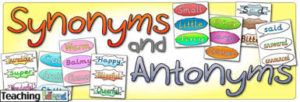
As speech-language pathologists, one of our goals is to support students so that they stand out in a positive way when they communicate. WE CAN help them to effectively access their lexicons and answer questions in a timely manner. WE CAN help children with their phonological development. WE CAN help children with their writing. We CAN help second language learners learn vocabulary in another language in addition to navigating their communication impairment. How?
Research on Vocabulary Growth
Here’s a research snapshot demonstrating the importance of vocabulary growth and its connection to literacy skills. Keep in mind the powerful role we can play in fostering vocabulary development by teaching synonyms and antonyms!
- Oral language forms the base of reading and writing (Kamhi, A.G., & Catts, H.W. , 2012)
- “… deficits in oral language have been found to be both a cause and a consequence of literacy problems (ASHA, 2001, p. 33).’”
- Vocabulary development can influence phonological development (Lonigan, 2007)
- 300 to 400 new words per year can be taught through direct instruction (Stahl & Shiel, 1999).
- Vocabulary in grade 1 predicts more than 30% of grade 11 reading comprehension, much more than reading mechanics in grade 1 (Cunningham & Stanovich, 1997)
Watch as children learn about synonyms and antonyms in an engaging way!
WEBSITES FOR SYNONYMS 
Flashcards/Matching/Concentration
WEBSITES FOR ANTONYMS
BOOKS ABOUT SYNONYMS AND ANTONYMS:
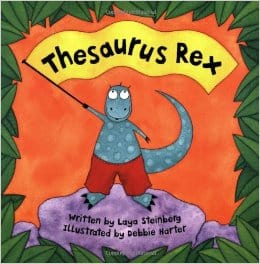 Thesaurus Rex, by Laya Steinberg and Bobbie Harter | 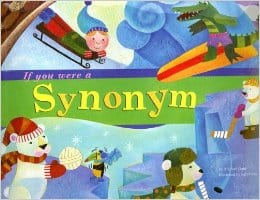 If you Were a Synonym, by Michael Dahl and Sara Gray |
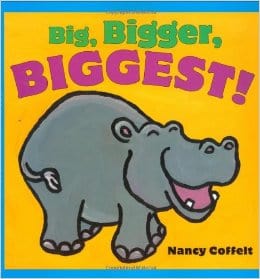 Big, Bigger, Biggest, by Nancy Coffelt | 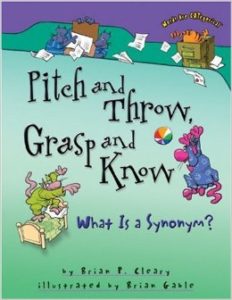 Pitch and Throw, Grasp and Know: What is a Synonym?, by Brian Cleary |
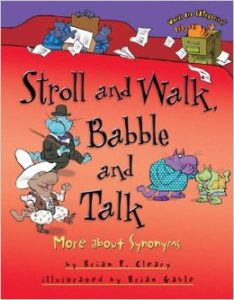 Stroll and Walk, Babble and Walk: More about Synonyms, by Brian Cleary | 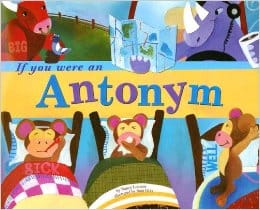 If you Were an Antonym, by Nancy Loewen and Sara Gray |
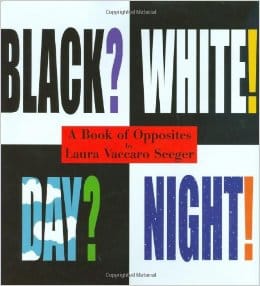 Black? White! Day? Night!: A Book of Opposites, by Laura Vaccaro Seeger |
References:
- American Speech-Language Hearing Assocation (2001). Roles and Responsibilities of Speech-Language Pathologists with Respect to Reading and Writing in Children and Adolescents [Guidelines]. Available from www.asha.org/policy.
- Cunningham, A. E., & Stanovich, K. E. (1997). Early reading acquisition and its relation to reading experience and ability 10 years later. Developmental Psychology, 33, 934-945.
- Kamhi, A.G., & Catts, H.W. (2012). Language and reading disabilities (3rd ed.). Boston, MA: Pearson
- Lonigan, C. J. (2007, January). Development and promotion of early language and literacy skills in young children: Florida State University, Florida Center for Reading Research, Presented at Sacramento County Office of Education
- Stahl, S. A., & Shiel, T. R. (1999). Teaching meaning vocabulary: productive approaches for poor readers. In Read all about it! readings to inform the profession (pp. 291-321). Sacramento, CA: California State Board of Education.


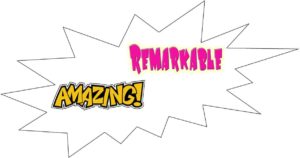

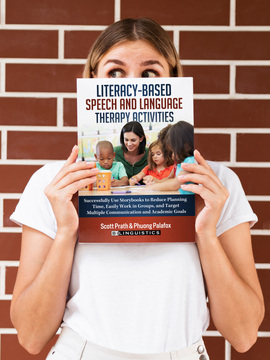
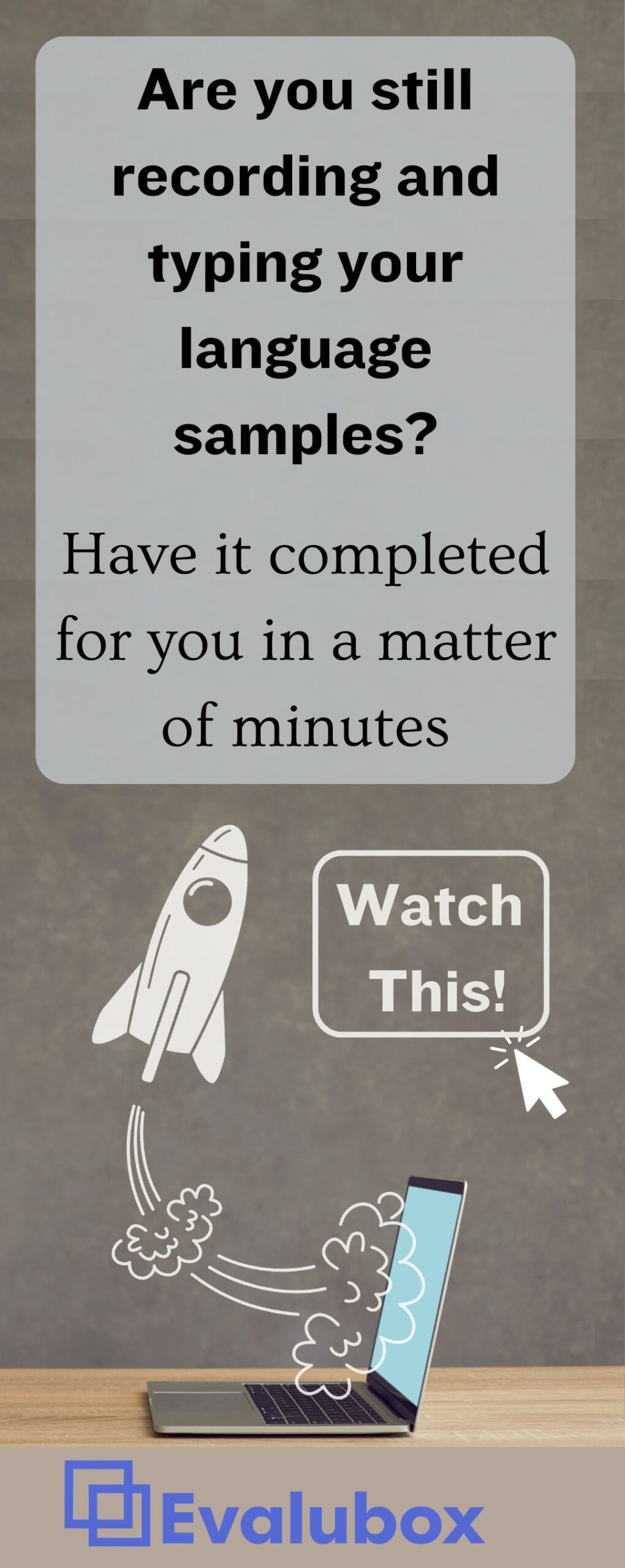
Thanks so much for this post. I love the books you listed.
We’re so glad that you found the resources helpful. I’ve had difficulty finding books to target synonyms/antonyms so it’s helpful for me to now have a list! This post is just one in a series that will provide you with resources to target different goal areas. Enjoy!!
Appreciating the dedication you put into your
blog and detailed information you present. It’s great to come across a blog every once in a while that
isn’t the same old rehashed information. Great read!
I’ve bookmarked your site and I’m including your RSS feeds to
my Google account.